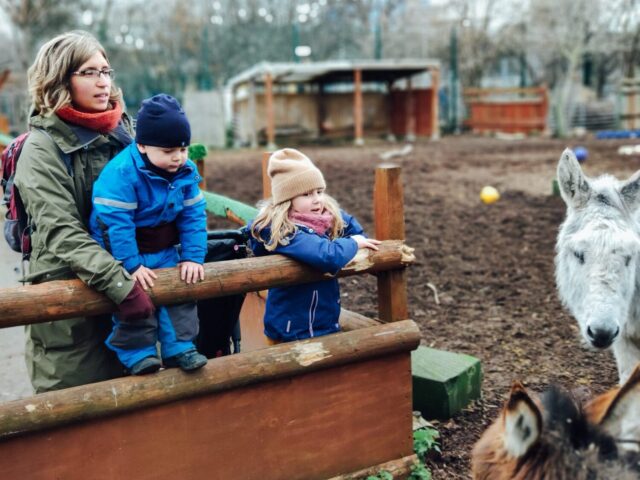
As kids get hands-on with the agricultural experiences, they bridge the gap between where food comes from and what they see in grocery stores. Seeing a calf being birthed, planting seeds, or harvesting vegetables instills a sense of wonder that cannot be replicated in a classroom setting.
Through these family-friendly activities, children learn the value of food, the importance of nature, and the joy of being outdoors. Also, if you want more insights on this topic, read more here.
Ultimately, visiting farms weaves together education and fun, creating lasting memories that shape their understanding of the world.
Why Visiting Farms is Great for Kids
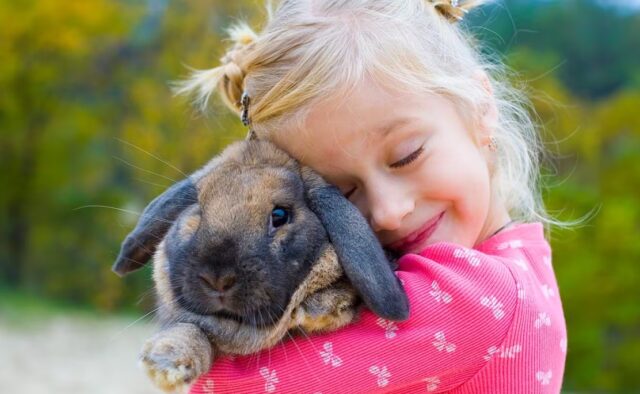
Visiting farms offers children a unique experience filled with hands-on learning that greatly contributes to their development. These excursions allow kids to engage their senses while interacting with nature, enhancing their understanding of the world around them.
Hands-On Learning Opportunities
Farms provide an excellent venue for hands-on learning, as children can actively participate in various activities. From planting seeds to harvesting fruits, each task fosters an environment where children can learn about agriculture, animal husbandry, and the significance of sustainable practices.
Such direct interaction not only enriches their vocabulary, particularly regarding animal names and sounds but also deepens their appreciation for food sources.
Animal Interactions
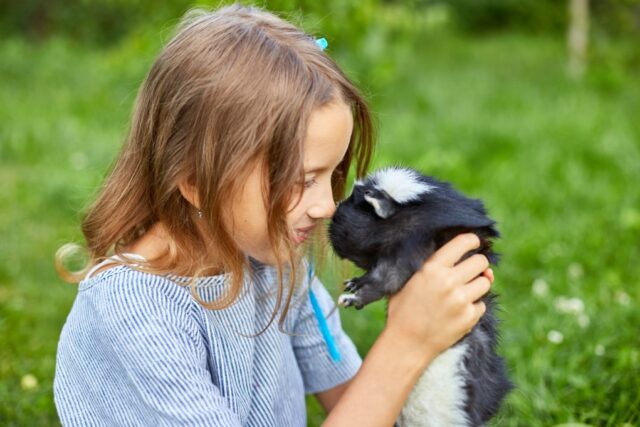
The animal interactions provide a unique platform for children to engage directly with different species. This engagement becomes an essential part of their emotional development, allowing them to cultivate an understanding of farm life.
By participating in activities such as feeding or grooming animals, children experience firsthand the responsibilities that come with animal care.
Developing Compassion and Empathy
Engaging with animals in a farm setting fosters the development of compassion and empathy in children. As they learn to recognize and respond to the needs of various animals, they begin to understand the importance of care and connection. These experiences contribute to emotional intelligence, teaching children to value relationships not only with animals but also with people.
The Role of Experiential Learning in Early Childhood Development
Experiential learning plays a crucial role in shaping early childhood development, particularly through activities. Children engaging in hands-on experiences on a farm are not only exposed to nature but also encouraged to think critically and creatively. This form of active learning fosters an environment where cognitive development flourishes, equipping children with essential life skills.
Cognitive Development through Activities
Farm activities offer unique opportunities for cognitive development. Children learn through interaction with their surroundings while performing tasks like planting seeds or caring for animals.
These activities require observation and reflection, instilling a deeper understanding of biological processes and environmental systems. Engaging in such tasks enhances children’s ability to make connections between concepts learned in a classroom setting and real-world applications.
Incorporating Education into the Classroom

Integrating farm education into the classroom environment presents a unique opportunity for curriculum enhancement. Educators can design interactive lessons that draw on real-life applications of knowledge related to agricultural concepts. By connecting classroom subjects to farm experiences, teachers ignite curiosity and deepen understanding among students.
Curriculum Enhancement through Trips
Farm trips serve as a dynamic way to enhance learning across various subjects. Science classes can explore topics such as plant growth, animal habitats, and ecosystems. Mathematics lessons can be enriched by engaging in hands-on activities like counting fruits or measuring crops. These experiences not only increase engagement but also allow students to apply theoretical knowledge in practical settings.
Real-Life Applications of Classroom Knowledge
When students visit farms, they witness the real-life applications of their classroom learning. These excursions allow children to connect their theoretical studies with tangible experiences, enhancing their appreciation of subjects like biology, nutrition, and conservation.
Collaborative programs between schools and local farms can further align educational standards with practical learning, enriching the curriculum and fostering a love for nature and agriculture.
| Subject Area | Farm Activity | Learning Outcome |
| Science | Observing plant growth | Understanding photosynthesis and growth cycles |
| Mathematics | Counting fruits | Practicing counting and basic arithmetic |
| Nutrition | Harvesting crops | Learning about healthy eating and food sources |
| Environmental Science | Exploring farm ecosystems | Examining biodiversity and ecosystems |
Benefits of Field Trips
Field trips to local farms offer a unique opportunity for children to explore and understand the vital role of sustainable food production. These experiences serve as a practical extension of classroom learning, creating a direct connection between food sources and the environment.
Exploring Sustainable Food Production
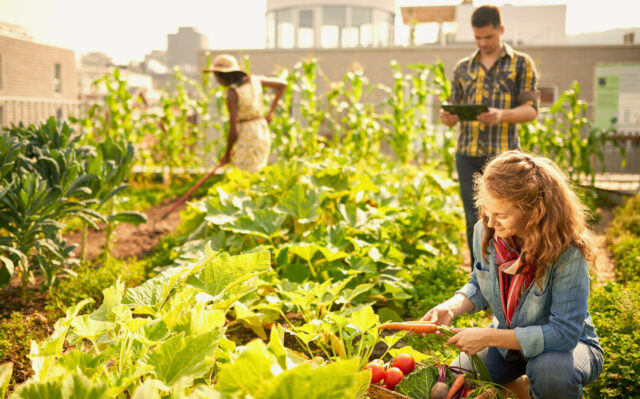
Visiting farms allows children to witness the methods behind sustainable food production firsthand. They learn about organic farming practices, crop rotation, and the importance of biodiversity. Such educational experiences help instill an early appreciation for environmentally friendly practices, promoting a sense of responsibility towards the planet.
Nature Appreciation and Eco-System Awareness
Farm visits significantly enhance children’s eco-system awareness. By observing the interactions between various species, including plants, animals, and humans, they gain insight into the delicate balance of nature.
This understanding nurtures a deeper appreciation for natural resources and biodiversity, laying the foundation for environmentally conscious behaviors in the future.
Resources for Educators and Parents
For those keen on integrating education into their teaching and parenting practices, a variety of resources are readily available. Local farms frequently provide educational programs designed to meet specific curricular goals, making them suitable for diverse age groups. Such programs often promote immersive learning experiences that can enhance traditional education.
Educational Programs
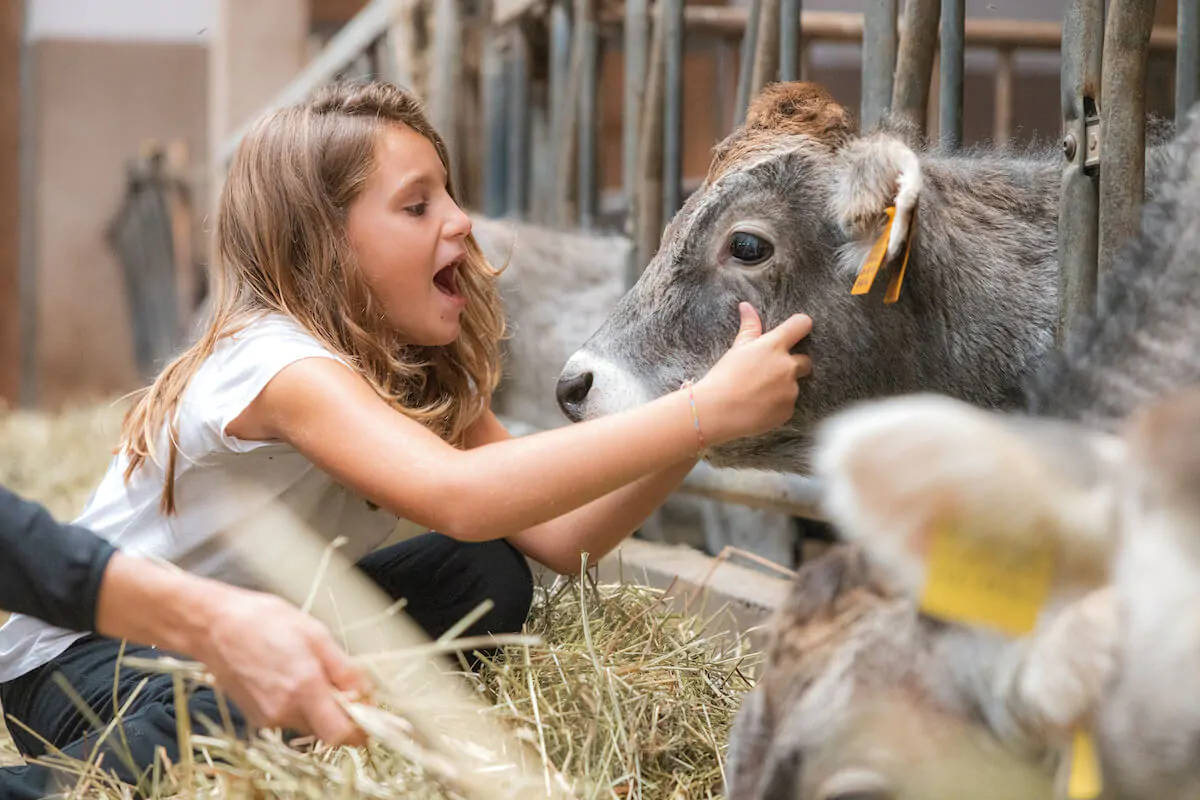
Many local farms equip educators and families with structured educational programs that include:
- Agricultural workshops focused on sustainable practices
- Hands-on activities involving planting and harvesting
- Animal care demonstrations to foster empathy and responsibility
- Seasonal events that encourage community engagement
Online Resources for Home Learning
In addition to in-person offerings, numerous online activities are accessible. These digital resources can enhance home learning and classroom engagement, including:
- Interactive lesson plans aligning with educational standards
- Virtual tours that provide an immersive experience
- Activity guides focusing on various aspects of farming and ecology
- Videos showcasing operations and wildlife
Conclusion
Visiting farms presents a profound opportunity for educational experiences tailored for children. The importance of farm education extends beyond mere enjoyment, as it provides a platform for developing critical skills such as empathy, responsibility, and cognitive abilities.
Engaging with nature and caring for animals enable children to form meaningful connections that enrich their lives and understanding of the world.









